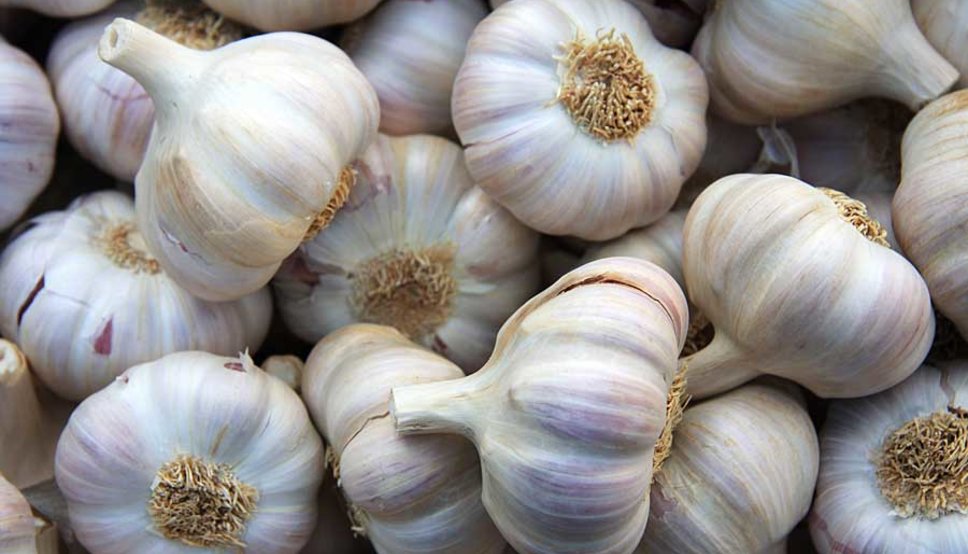The Importance of Prebiotics

You’ve probably heard of probiotics before, whether from your doctor, commercials, or even healthy living blogs. But have you ever heard of prebiotics? Just like probiotics, prebiotics are an important part of your gut health.
The lining of your gut is covered in microscopic organisms and bacteria that create a micro-ecosystem called a microbiome. These bacteria help you digest food and take in nutrients. They help maintain your overall physical health and even reduce your risk of heart and kidney diseases. An unbalanced or unhealthy microbiome may make it more likely for you to have Crohn’s disease, ulcerative colitis, or irritable bowel syndrome. Maintaining this balance requires both probiotics and prebiotics.
But what exactly are prebiotics? How do they work and how can they benefit you?
What are prebiotics?
Prebiotics are a type of specialized plant fiber that feed the microbes in your gut and stimulate the growth of healthy bacteria. They are found in fruits and vegetables that contain complex carbohydrates, like fiber and starch. These carbs can’t be digested by your body, so they bypass the digestive system and travel to your colon, where your gut’s microorganisms metabolize and ferment the prebiotics. When prebiotics are broken down, it creates different short-chain fatty acids. These short-chain fatty acids improve your metabolic and overall health by helping provide energy to your colon cells, producing necessary mucus, and aiding in reducing inflammation and promoting immunity. In short, think of prebiotics as the fertilizer to help good bacteria grow.
What is the difference between prebiotics and probiotics?
Both prebiotics and probiotics support healthy bacteria and organisms in your gut to aid in digestion, but they help in different ways. Probiotics are live organisms - typically certain strains of bacteria and yeasts - that are found in certain foods and actually add to the number of microbes already living in your gut. Prebiotics are not living organisms; they are naturally occurring food components. Prebiotics serve as a source of food for the probiotics to grow. So probiotics actually need prebiotics in order to work effectively to improve and maintain your gut health.
What are the benefits of prebiotics?
The benefits of prebiotics are wide-ranging and affect more than just your digestion. A healthy - or unhealthy - gut impacts several of your body’s systems and your overall health. Research has shown that prebiotics may:
- Improve digestion and metabolism
- Help regulate bowel movements
- Improve calcium absorption and increase bone density
- Regulate blood sugar and insulin resistance
- Stimulate the production of hormones that aid in appetite suppression
- Lower inflammation in the body
- Strengthen the immune system
- Help balance and maintain hormone levels
- Reduce risk of allergy
- Lower the risk of cardiovascular disease
- Regulate moods and reduce stress hormone levels
- Lower cholesterol level
- Reduce risk of colon cancer
What are some good prebiotic foods?
Prebiotics are types of fiber naturally found in vegetables, fruits, and legumes. You likely won’t need to take any kind of prebiotic supplement if your diet is rich with prebiotic foods. Foods that are good sources of prebiotics include:
- Legumes, beans, and peas
- Oats
- Bananas
- Berries
- Jerusalem artichokes
- Asparagus
- Dandelion greens
- Garlic
- Leeks
- Onions
- Chicory root
- Barley
- Apples
- Konjac root
- Cocoa
- Burdock root
- Flaxseeds
- Jicama
- Wheat bran
- Seaweed
Remember to eat plenty of both prebiotic and probiotic foods, as together they will best help balance the good and bad gut bacteria.
With a variety of benefits, prebiotics play an important role in maintaining your gut health, which then improves your overall health. And with so many options of prebiotic rich foods, you can find the sources that best work for you and your digestion. Your gut - and your whole body - will thank you.
Visit the Nourish section of our Be Well health and wellness blog for more tips on eating for better health.
About the Author:
Brown University Health Blog Team
The Brown University Health Blog Team is working to provide you with timely and pertinent information that will help keep you and your family happy and healthy.
Find a Doctor

The right provider is in our network
Search more than 1,200 providers in our network.



